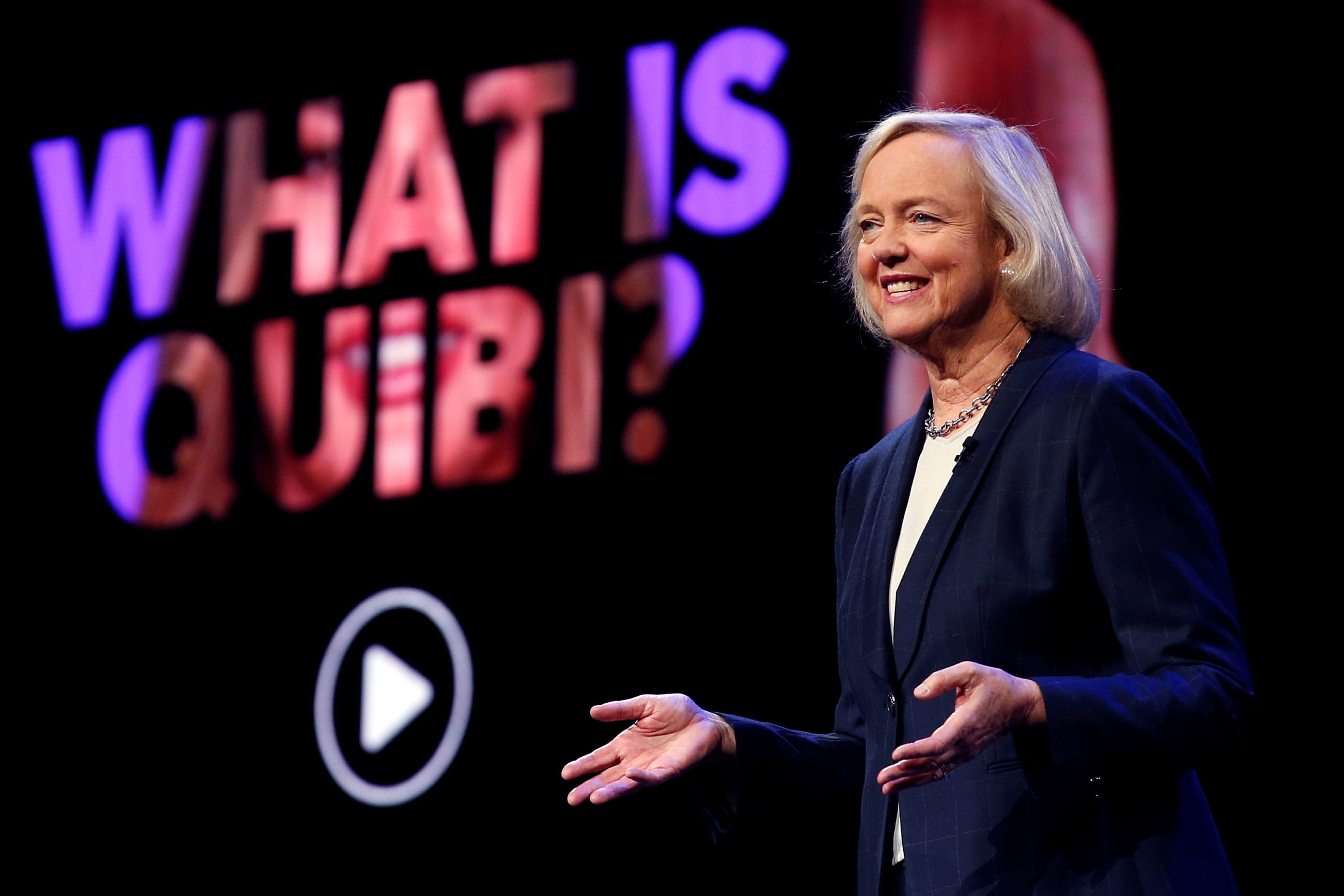After sinking $1.8 billion into star power and content production, Quibi execs have decided to launch the mobile-centric service in lockdown.
Businesses all across the globe are trying to keep their heads above water in this time of global crisis, but a select few are flourishing under the circumstances. With a large sum of the world forced to stay inside and entertain ourselves for an indefinite period of time, we’re looking for all the digital filler we can get. Netflix, YouTube, and Amazon Prime have even had to temporarily reduce their default resolutions to account for the unprecedented inflow of subscribers.
The next app looking to target this captive and hyper-engaged audience is Quibi, a mobile-centric streaming service that specialises in short form content. It may sound a little strange as a blanket policy, but as we understand it no Quibi content will exceed a run time of 10-minutes.
https://www.youtube.com/watch?time_continue=3&v=kqkX-7EOY2k
You’d be forgiven for instantly thinking: ‘Well Quibi is just another place for YouTube or TikTok-esque video bites then’. You’d be wrong. The platform is planning to host everything from original movies (segmented into short chapters), TV shows, quick hit news stories, documentaries, and unscripted reality shows. If you keep up with Thred, you’ll recall we recently covered a story on popular E-sports outfit Team FaZe and their Quibi hosted reality TV hunt for a new member.
To this point veteran executives Jeffrey Katzenberg and Meg Whitman have siphoned over $1.8 billion from keen investors and have managed to enlist A-list stars like Jennifer Lopez, LeBron James, Idris Elba, Chance the Rapper, Bill Murray, Sophie Turner, and even Steven Spielberg for Quibi shows to maximise the platform’s chances of success in the wild. But despite this impressive line-up, it has to be said: launching a billion-dollar venture during a pandemic is a huge risk.
What has Quibi got going for it then? Well, before Covid-19 dug its clutches into the Earth, Whitman pitched Quibi as the ultimate on-the-go diversion for commuters. Obviously, the landscape has changed drastically since then, but that may not necessarily be a bad thing.






















